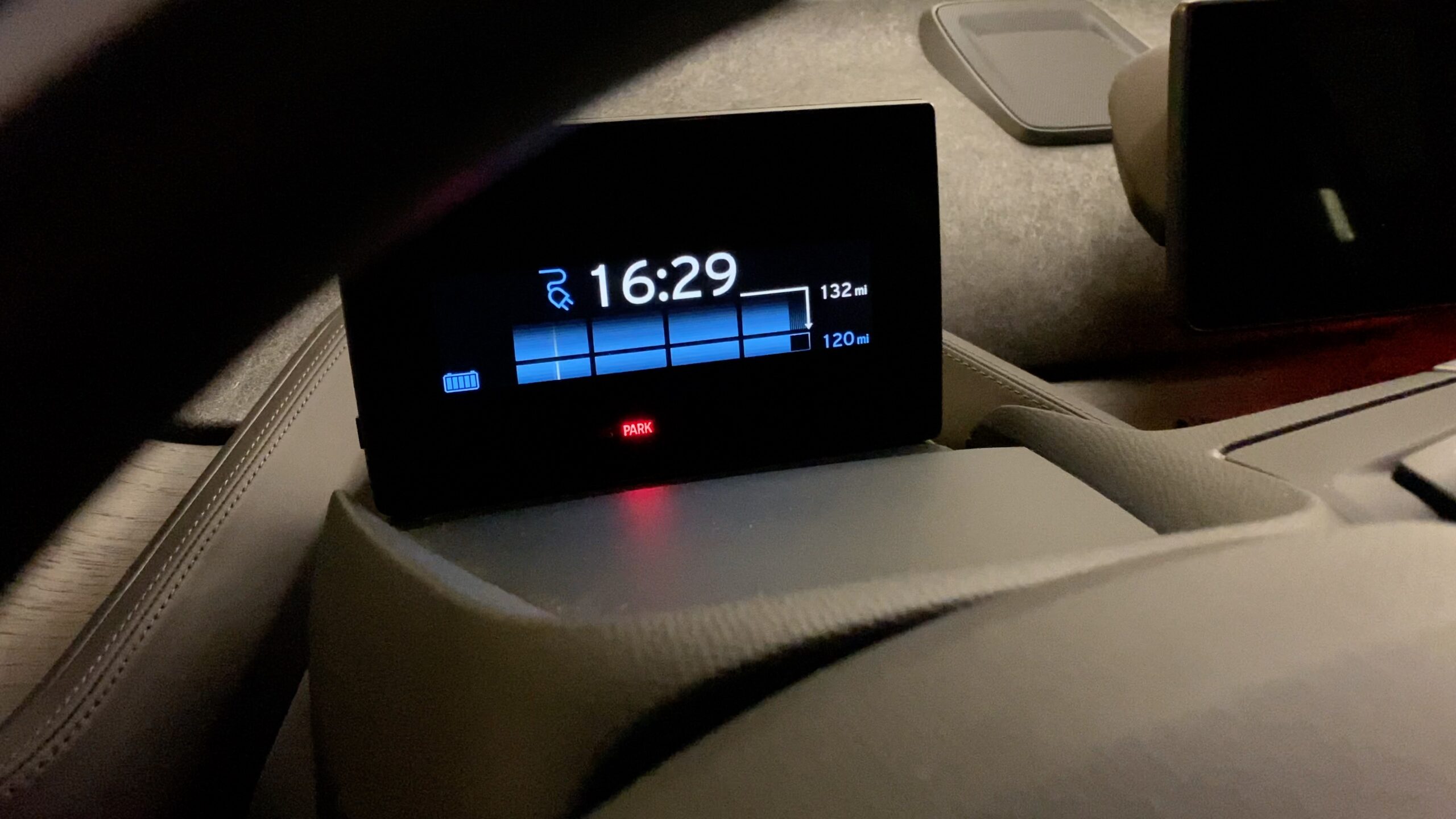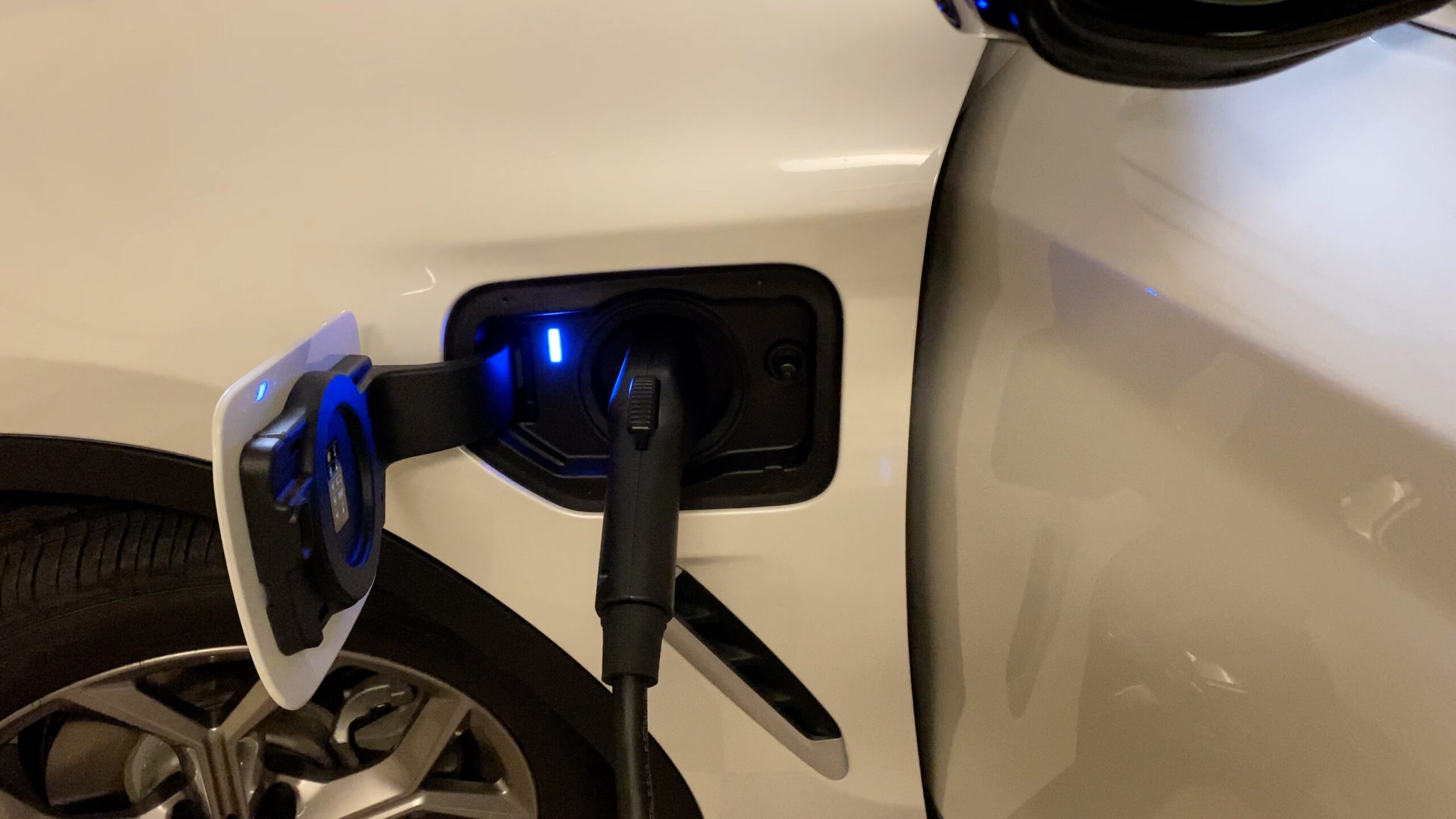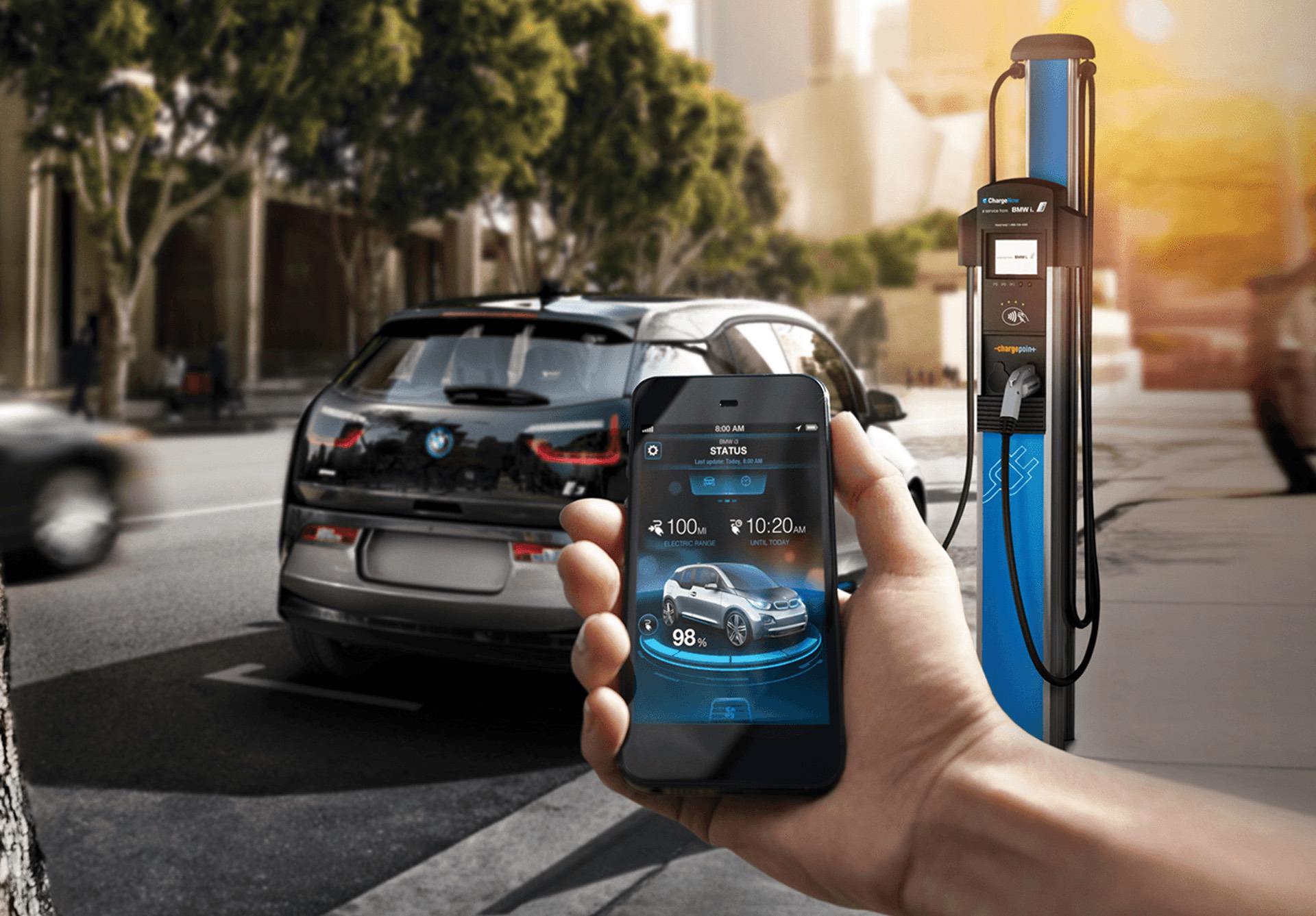One of the most common questions an electric car owner receives is in regards to the total driving range. The next second most important question is without a doubt the charging procedure and capabilities. Therefore, these two attributes become important points in the decision process of buying an electric vehicle. And this is exactly why most of the marketing materials of new electric vehicles heavily rely on these two figures.
But which one is more important and what’s BMW’s position on this topic? In a call today with Frank Weber, BMW’s Head of R&D, the topic of electric range quickly came up. “If you look at the cars from 2025 to 2030, should I buy a 700 miles range BMW or should I expect shorter charging times?,” asked one journalist on the call.
“Maybe the first comment is on how the market is going to separate the different electric range requirements?,” Mr. Weber said. “For us, it is now becoming obvious. There will be a group of people who will say that 300 miles is sufficient. I don’t want more battery range nor I wanna pay more for it. Then, there is another group which takes the electric vehicle as the first car in the household. And they say: I don’t wanna worry about charging. I want to have reliably at least 400 miles in the future to go further without charging.”
Furthermore, the R&D boss says that “Fighting for the highest range is silly.” “We have millions of cars in our fleet and we can track exactly what is the daily commute and when people go for longer distances,” added Weber. “The picture shows that during 360 days, most people drive very low distances, less than 100 miles. In very few occasions, they go longer. In our view, adding more range is not how you convince people to buy an electric vehicle. By the way, there is also a physical limitation because when a vehicle has more than 3 tons, it suddenly becomes a truck.”
Of course, one playing devil’s advocate could argue that battery technology – read density and packaging – will significantly improve in the future which would lead to more electric range. “Yes, we have battery tech enhancements over time, but we need to be careful that these enhancements are not offset by more range requirements,” explained Weber. “Otherwise, battery-powered vehicles will not be affordable in the future. At the end, BMW will be a reasonable range between 300 and 500 miles.”
The second part of the electric equation is the charging capabilities and networks. And Mr. Weber believes that a charging network in a vehicle that has 750 miles it still depends on a well functioning fast charging network.
“Therefore, a range between 300 and 500 miles is where we will end up with most of our vehicles,” says Weber. “The 10 minutes charge becomes more important and those times will shrink even more and you can get to 100 miles of range within a few minutes. China is already developing over 300kW fast charging capabilities and that will show you what to expect in the future as far as charging.”
So will the future customer care more about their peace of mind and range, over charging networks accessibility and speed of charge, that remains to be seen, but it’s certain that BMW is taking a balanced approach to this complicated equation.



